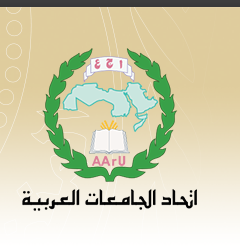Arab Journal of Administration المجلة العربية للإدارة
Article Title
The Impact of Good Governance On Economic Development Sustainability in the Arab Countries
Abstract
This study aims at investigating the impact of good governance on economic growth and development sustainability. The importance of which is derived from what most Arab countries are witnessing nowadays, i.e. Arab Spring, which aimed at acheiving good governance and preventing corruption. Thus, this study discusses the features, principles and indicators of good governance and its relationship with economic growth, on the short-run, and the ability of sustaining economic development, on the long-run. For the purpose of the study, the six measures of Kaufmann et al. (2010) world-wide governance index are collected for all Arab countries, and used. These are voice and accountability, political stability and absence of violence, government effectiveness, regulatory quality, rule of law and control of corruption. The study developed an economitrics model that measures such relationships. It applies fixed-effect multi-regression on good governance and economic growth indicators of Arab countries during (1996-2011). Furthermore, to test the direction of the relationship from good governance to economic growth, the data is clustered and re-used in random-effect multi-regression. The result shows that good governance has an impact on economic growth, and that the latter is positively related to institutional development effectiveness and governance. These conclusions are not influenced by how much wealthy is the country. Also, the results produced by fixed-effect model are almost the same of those produced by random-effect model. Moreover, not all good governance indicators have the same degree of effect on economic growth. The Rule of law and corruption have a significant impact on economic growth; while that voice and accountability, political instability and violence and government effectiveness have weak effect. Such results can be explained by the weakness of the political structures in the Arab countries.
Recommended Citation
Ajlouni, Moh’d Mahmoud Prof.
(2019)
"The Impact of Good Governance On Economic Development Sustainability in the Arab Countries,"
Arab Journal of Administration المجلة العربية للإدارة: Vol. 39
:
No.
4
, Article 1.
Available at:
https://digitalcommons.aaru.edu.jo/aja/vol39/iss4/1

